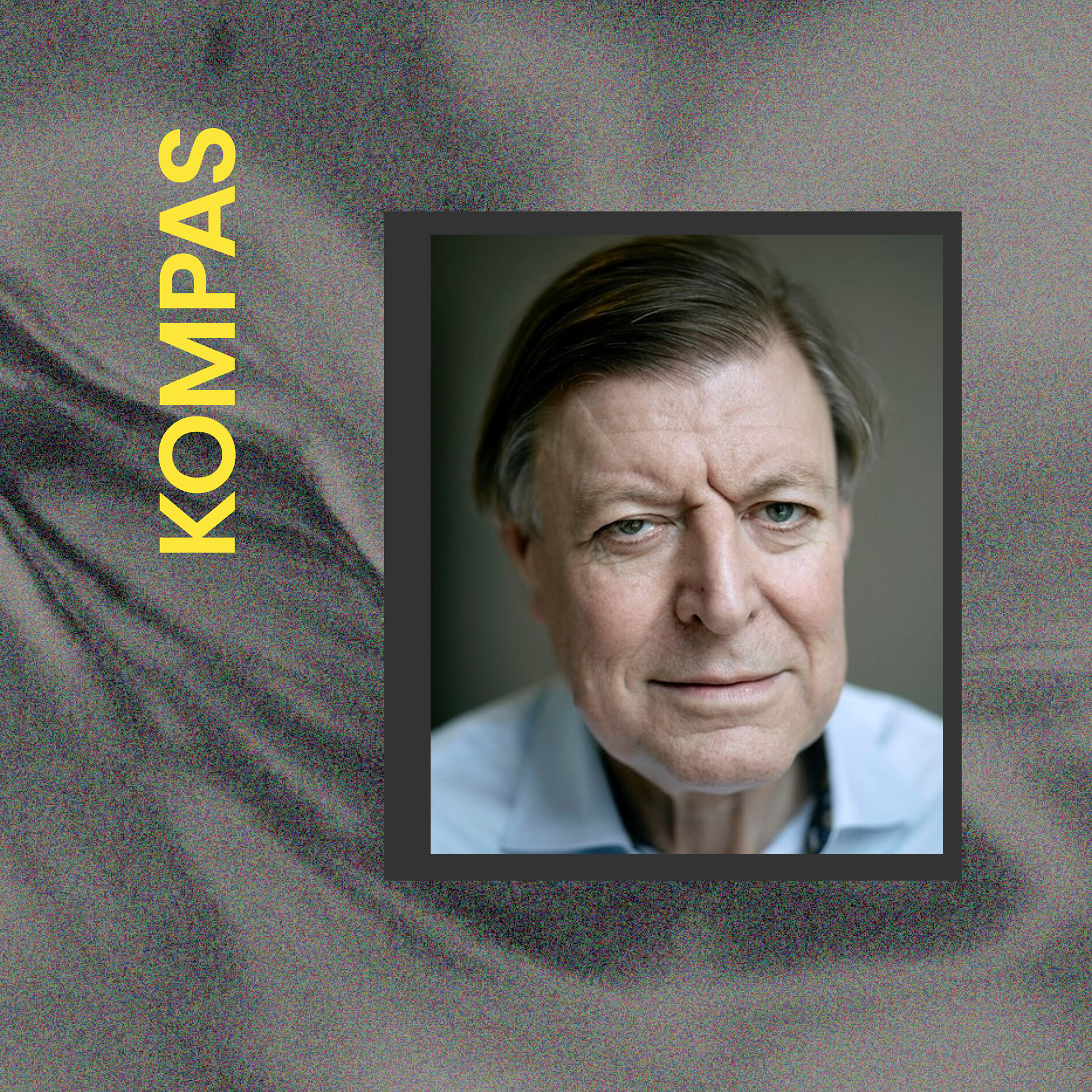#12 Democracy from the front: How the state gets rid of its bureaucratic reflexes - with Michael Dithmer
In the quest to create order, the state stumbles over its own tripwires.
Every time a new problem arises, the government responds with another law, another decree, another regulation. The regulatory system grows while the solutions lag behind.
This is the picture that emerges in this episode of KOMPAS' summer series Democracy from the front, where Sigge Winther Nielsen meets Michael Dithmer, Denmark's longest serving Permanent Secretary, for a conversation about the role of the state in future democracy.
Can the state solve our societal problems when it itself has become trapped in complexity, control and bureaucratic reflexes?
The one-hammer toolbox: More rules
According to Michael Dithmer, the state today is trapped by its own lack of tools:
"It's like every time we see a problem, we think: we need to make a new law. And we mainly have that instrument in our toolbox."
But as Professor Peter Munch Christensen puts it:
"In our regulatory zeal, we've untied some tripwires that simply make it difficult to move forward at that speed."
The result is a paradoxical system where the state becomes both paralyzed and overactive - trapped in its own bureaucratic reflexes.
Innovation as a grenade in bureaucracy
But it wasn't always like this. Dithmer himself co-founded the innovation unit MindLab at the Ministry of Industry, Business and Financial Affairs - a cross-ministerial development unit that experimented with new solutions to old problems.
"The basic view was that we should stop saying 'yes, we can do that, but...' all the time. Instead, we should think 'why not' - why couldn't we do this in a different way?"
Sigge Winther calls Mindlab "a grenade into bureaucracy" - an attempt to shake up habitual thinking and create space for innovation and experimentation.
But what happened to the innovation agenda since? According to Dithmer, it has been partially squeezed by an increased demand for control, quick fixes and political symbolism.
Collaboration rather than control
One of the ways in which the state can regain democratic agency and innovation is through closer collaboration with the private sector. This is the opinion of Michael Dithmer, who helped promote public-private collaboration during his time as Permanent Secretary.
He points out that the solutions to many of society's major problems today cannot be solved in silos and certainly not exclusively within the corridors of ministries.
"In order to regulate in a way that is both wise and legitimate, businesses and citizens need to understand what the purpose is - even if they don't necessarily agree," he says.
This doesn't mean less regulation, but better regulation - developed in collaboration with those it actually affects. Here, the private sector is not an adversary, but a partner. According to Dithmer, this requires the state to dare to let go of control and instead open up to developing solutions together with civil society and business.
Long-term solutions require slower decisions
Michael Dithmer has one fervent wish: the state must dare to slow down:
"A good thing would be if we could slow things down a bit - somehow get a little more time to think about how to do this in a good way, rather than it just being a matter of now we have to do something."
According to Dithmer, this is difficult in a media reality where the news cycle whips around - and where politicians are constantly under pressure to act quickly and think something new.
The consequence is that instead of thorough decisions based on knowledge and reflection, we get quick fixes disguised as solutions.
Listen in to find out what goes on inside the big state - and how it can help drive democratic innovation.

